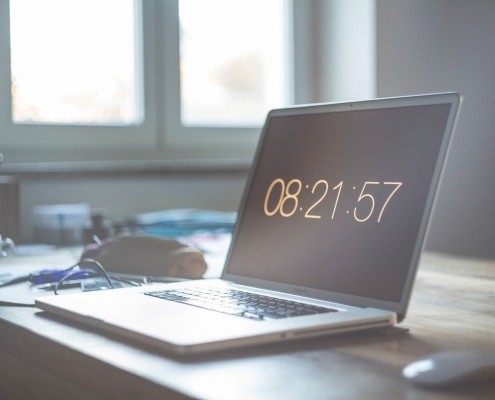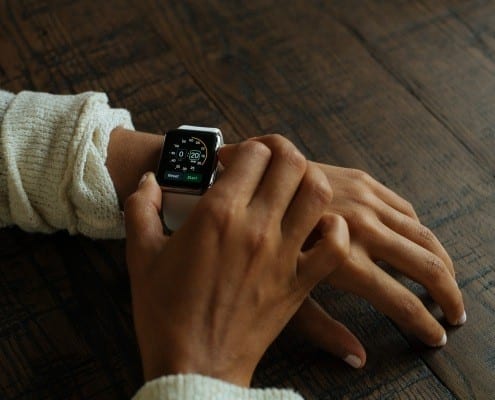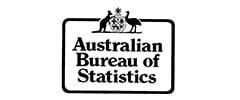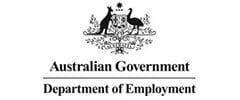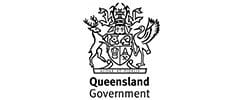Workplace Mindfulness comes up all the time. I was discussing ‘next steps’ with a client recently and asked the simple question, ‘when will you do it’. Only to receive an exasperated reply, ‘I know I need to. But I don’t have 10 minutes to myself’. I was reflecting afterwards how common this statement is. I even say it to myself.
When 10 minutes out is a source of stress
Why is that? Or how is it? That we manage to book our diaries so tightly, that the thought of taking 10 minutes out becomes the source of further stress. The problem can be resolved with simple time management. It’s easy to book the time out of our diary. But what is not easy, is: once that time is booked in, to stick to it.
That’s where we have to have a deeper look and where workplace mindfulness comes in. What is going on, that we can so easily allow that time to be snapped up by something else – usually demands from other people?
That’s where we have to have a deeper look. What is going on, that we can so easily allow that time to be snapped up by something else – usually demands from other people?
There might be a number of reasons, for example:
- We feel compelled to help people – to put helping them above our own needs
- Their situation is more urgent or pressing
- We are just procrastinating – jumping at a chance to help someone, rather than knuckling down to do a job that is not energising
- Guilt – we feel guilty taking the time out because of a work ethic that’s been drilled into us for years and years
- There is a million other pressing things that we have to achieve
The cost to business of not Focusing on Workplace Mindfulness
Research from the Black Dog Institute (www.blackdoginstitute.org.au) suggests that the Australian economy loses approximately $12 billion per year in reduced productivity and sickness absence related to mental health issues and not focusing on workplace mindfulness.
Government research (www.healthdirect.gov.au ) also suggests that: 1 in every 5 Australians — about 4 million people — suffers from a mental illness in a given year, and almost half the population has suffered a mental disorder at some time in their life.
By taking 10 minutes out of your day you can start to focus, little bit by little bit at addressing our mental health.
Take 10 minutes to get back more time
Here’s the most interesting thing: when we take 10 minutes out of our day, we are more productive. We achieve more. Particularly if we use that time for breathing, mindfulness, stretching or going for a short walk. Research (for good examples head to www.gallup.com or www.blackdoginstitute.org.au) suggests that the ten minutes that we take out of our day increases our focus, clarity and re-energises us. We make better decisions; we get more done. Of course, taking even more time out is better, but let’s not stretch the friendship 😉
So…what is it going to take to incorporate Workplace Mindfulness?
Ouch. Direct question. What is it going to take for you to incorporate workplace mindfulness? It’s a good question to ask and to answer. It’s going to take discipline…and consistency. Once we form a habit, things get easier. But we have to be disciplined to block the time; and if interrupted, to simply say ‘let me catchup with you in 10 minutes.’ It’s only 10 minutes!!!
Notice, that I have not specified when this time should be taken out of your day. The obvious thought is: lunchtime. But let’s be creative. For example, if you took the time from 1:50pm – 2:00pm, then that would set you up for a strong finish to the day.
And I have not specified what you should do. But as mentioned, a walk, mindfulness, stretch, reading an article…something like that will make a huge difference.
The length of time doesn’t really matter either. 5 minutes, 10 minutes or 15 minutes…that’s all we are asking of ourselves. And it all adds up over time.
Three steps, not rocket science
At Open Door we work with world leading researchers and scientists. This is not rocket science. We all know it makes sense. We just have to:
- Book the time: Or take advantage of a small gap in your diary and use it wisely. For example, if a meeting ends 10 minutes early, use that time for some mindfulness practice.
- Catch yourself: If you have booked the time and find yourself moving the time, just stop and ask: ‘what is going on?’ And then re-affirm your need to do this NOW.
- Repeat: continue to practice until you can say with hand on heart that this is actually part of your day. And then keep that practice going.
We wish you well in capturing 10 minutes to yourself. And if you want to take this practice even further; you can find out about our Mental Health First Aid training here: https://opendoorcoaching.com.au/leadership-development/mental-health-first-aid/


